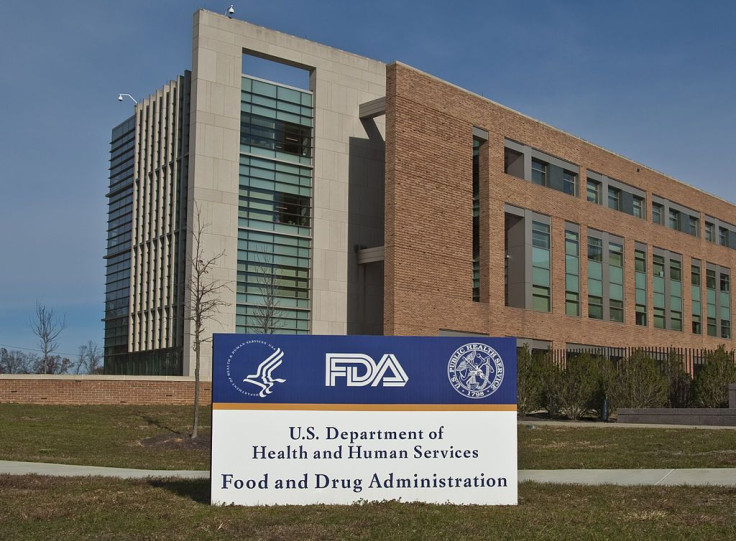Drug Companies Delay Reporting Potential Side Effects To FDA: Study

The packaging of over-the-counter and other prescription drugs comes with possible side-effects, but a study conducted by researchers at the University of Minnesota indicates drug manufacturers fail to report nearly 10 percent of the serious and unexpected adverse side effects to the U.S. Food and Drug Administration within the stipulated time framework of 15 days.
An analysis of 1.6 million side effects reported through the FDA Adverse Event Reporting System from 2004 to 2014 indicates drug companies often missed the 15-day time limit regarding adverse effects, especially if a death was involved.
The researchers examined 1.6 million adverse events. In 160,383 serious events, 119,919 patients survived while 40,464 cases resulted in the death of the patient. The researchers thus linked the occurrence of patient's' death to the delay in reporting the serious event of drug side effect to the FDA.
"Our analysis provided evidence that drug manufacturers delay reporting of serious adverse events to the FDA. Strikingly, adverse events with patient death were more likely to be delayed. It is possible that manufacturers spend additional time in verifying reports concerning deaths, but this discretion is outside the scope of the current regulatory regime," concluded lead researcher Dr. Pinar Karaca-Mandic and his team in a study published online in JAMA Internal medicine.
To help combat the problem, the researchers suggested a new regulation in which people report adverse effects directly to the FDA, rather than involving the drug manufacturer. The editor of the journal, Dr. Rita Redberg, said the FDA should ban the drug sales or reverse drug approval if the serious side effects are not reported in a timely manner.
© Copyright IBTimes 2025. All rights reserved.



















